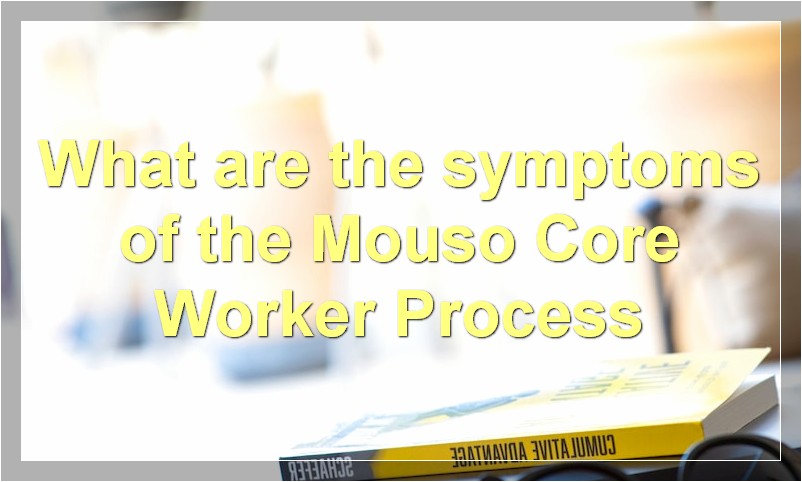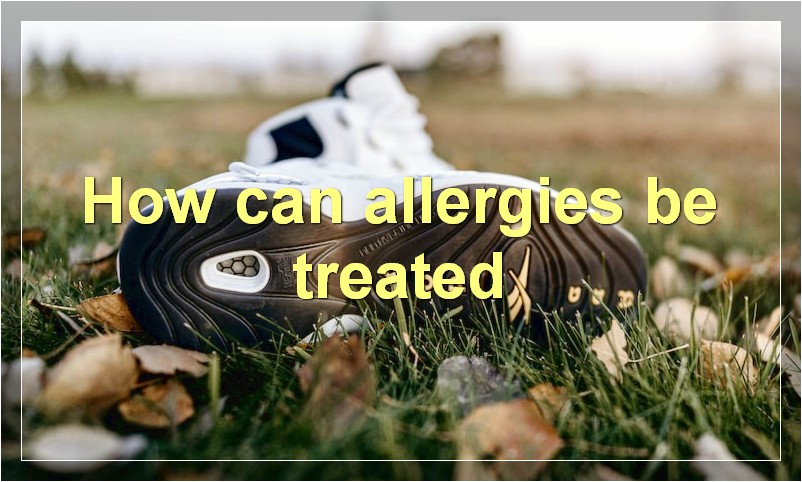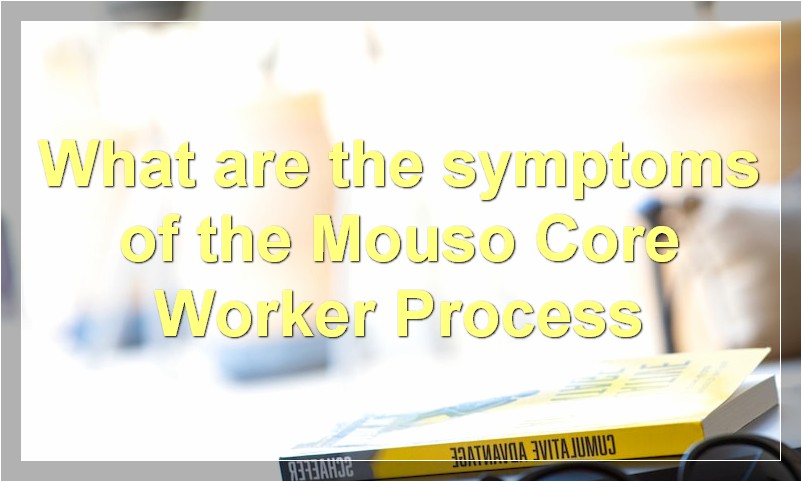If you’ve ever had itchy, watery eyes and a runny nose, you may have thought you had allergies. But it’s also possible you had pink eye. So, how can you tell the difference?
What are the symptoms of allergies?
Most people think of allergies as hay fever, where someone has a runny nose, itchy eyes and sneezes a lot. However, there are many different types of allergies with a variety of symptoms.
Allergies are caused when the immune system reacts to a foreign substance, such as pollen, pet dander or peanuts. The immune system releases antibodies to fight off the allergen. This release of antibodies causes the symptoms of an allergic reaction.
The most common symptoms of an allergic reaction include:
• Sneezing
• Runny nose
• Itchy, watery eyes
• Itchy throat or roof of mouth
• Coughing
• Wheezing
• Shortness of breath
• Skin rash or hives
More severe reactions can cause:
• Swelling of the tongue and throat, which can make it hard to breathe
• A drop in blood pressure, which can cause dizziness and fainting
• Anaphylaxis, a severe and potentially life-threatening reaction that affects multiple systems in the body
Anyone who experiences these symptoms should seek medical attention immediately.
What are the symptoms of pink eye?

Most people know pink eye as conjunctivitis, an infection or inflammation of the clear tissue that lines the white part of your eye and the inside of your eyelid.
When this happens, blood vessels in the conjunctiva can become more visible, which is why pink eye often looks like your eye is bloodshot. Other symptoms of pink eye include:
— itchiness in the eye
— a burning sensation
— increased tearing
— crusting of the eyelids
— sensitivity to light
If you experience any of these symptoms, you should see a doctor to confirm whether or not you have pink eye.
How can you tell the difference between allergies and pink eye?
If you’ve ever had pink eye, you know how miserable it can make you feel. The burning, itching, and tearing can make it hard to work, study, or even get a good night’s sleep. And when pink eye strikes, you may be worried that you have an allergy.
But how can you tell the difference between allergies and pink eye? Here are a few key differences:
Allergies:
• Itchy eyes are a common symptom of allergies
• Allergies often cause sneezing and a runny nose
• Allergies are more likely to cause symptoms like hives or a rash
Pink Eye:
• Pink eye usually starts with redness in the whites of the eyes
• Pink eye often causes a watery discharge from the affected eye
• Pink eye is more likely to cause symptoms like blurred vision or pain in the affected eye
If you’re not sure whether you have allergies or pink eye, see your doctor. They can help you get the right diagnosis and treatment.
What are some common causes of allergies?
There are many things in the environment that can cause allergies. Allergens are substances that can cause an allergic reaction. Some common allergens include:
•Dust mites
•Pollen
•Mold spores
•Animal dander
•Certain foods
Allergies can also be caused by medications, insect stings, and latex.
What are some common causes of pink eye?
There are many different types of pink eye, each with its own set of causes. Conjunctivitis, or pink eye, is an inflammation of the conjunctiva, the clear membrane that covers the white part of the eye and lines the inside of the eyelid. It is a very common condition, particularly in children. The most common cause of viral conjunctivitis, which is the most contagious form of pink eye, is adenovirus. Other viruses that can cause pink eye include herpes simplex virus, enteroviruses, and HIV. Bacterial conjunctivitis, which is the second most common type of pink eye, is usually caused by staphylococcus bacteria. Other bacteria that can cause pink eye include streptococcus, gonococcus, and chlamydia. Allergic conjunctivitis, the third most common type of pink eye, is caused by an allergic reaction to pollen, dander, dust, or other irritants in the air.
How can allergies be treated?

One in five people in the United States has allergies. Allergies can make life difficult, but there are treatments available.
Allergies are caused by an overreaction of the immune system to a substance, such as pollen, pet dander, or dust mites. When these substances come into contact with the body, the immune system releases chemicals, such as histamine, that cause allergy symptoms.
Allergy symptoms can vary from mild to severe and can include sneezing, runny nose, itchy eyes, and skin rashes. In some cases, allergies can trigger asthma attacks or lead to anaphylaxis, a potentially life-threatening reaction.
There is no cure for allergies, but there are treatments that can help relieve symptoms. These include:
• Avoidance: The best way to treat allergies is to avoid exposure to the substances that trigger them. This can be difficult, but it’s important to identify your triggers and take steps to avoid them.
• Medications: Over-the-counter and prescription medications can help relieve allergy symptoms. These include antihistamines, decongestants, and corticosteroids.
• Immunotherapy: This treatment helps the body build up tolerance to allergens through regular injections or oral tablets/drops containing small amounts of the substance you’re allergic to.
If you have severe allergies or asthma, it’s important to see an allergist or other medical specialist for treatment. With proper treatment, most people with allergies can live normal, active lives.
How can pink eye be treated?
If you have pink eye, also known as conjunctivitis, you may be wondering how to get rid of it as quickly as possible. The good news is that pink eye is usually a minor ailment that will go away on its own within a week or two. In the meantime, there are a few things you can do to relieve your symptoms and speed up the healing process.
If your pink eye is caused by bacteria, your doctor may prescribe antibiotics. These can help clear up the infection more quickly. However, most cases of pink eye are caused by viruses, which cannot be treated with antibiotics. In these cases, the infection will generally run its course and clear up on its own within a week or two.
There are a few things you can do at home to ease your symptoms and speed up the healing process. These include:
– Applying a warm compress to your eyes several times a day. This can help reduce swelling and irritation.
– Washing your hands frequently and avoiding touching your eyes. This will help prevent the spread of the infection.
– Avoiding using makeup or contact lenses until the infection has cleared up.
– Flushing out your eyes with clean water or saline solution several times a day.
If your symptoms are severe or if the infection does not seem to be improving after a few days, you should see your doctor. In rare cases, pink eye can lead to more serious problems, such as vision loss or corneal scarring.
Are there any home remedies for allergies?
There are a variety of home remedies that can be used to help relieve symptoms of allergies. Some of these include:
-Using a humidifier: This can help to moisten the air and reduce congestion and irritation.
-Taking a warm bath: This can also help to moisten the air and soothe the skin.
-Applying a cold compress: This can help to reduce swelling and inflammation.
-Eating spicy foods: This can help to clear the sinuses and improve airflow.
-Drinking plenty of fluids: This helps to thin mucus and prevent dehydration.
-Using saline sprays: These can help to flush out the nasal passages and reduce congestion.
-Avoiding triggers: If you know what your triggers are, it is important to try to avoid them as much as possible.
Are there any home remedies for pink eye?
Yes, there are several home remedies for pink eye that can help soothe the itchiness and irritation. To make a compress, soak a clean cloth in warm water and apply it to your closed eyelids for five minutes. Repeat this several times a day. You can also make a saline solution by mixing a quarter teaspoon of salt in a cup of warm water. Use a clean cotton ball to apply the solution to your eyelids. Leave it on for a few minutes before rinsing it off.
When should you see a doctor for allergies or pink eye?
It’s springtime, and for many people that means runny noses, itchy eyes and other allergy symptoms. Some people also develop pink eye during this time of year. So when should you see a doctor for allergies or pink eye?
Allergies can cause a variety of symptoms, including sneezing, itching, watery eyes and a runny nose. If your symptoms are mild, you may be able to treat them at home with over-the-counter medications. However, if your symptoms are severe or you’re having difficulty breathing, you should see a doctor.
Pink eye is another common condition that can be caused by allergies. Pink eye is usually characterized by red, watery eyes and crusting around the eyelids. It can also cause irritation and a burning sensation in the eyes. If you have pink eye, you should see a doctor so you can get treatment and avoid spreading the infection to others.




